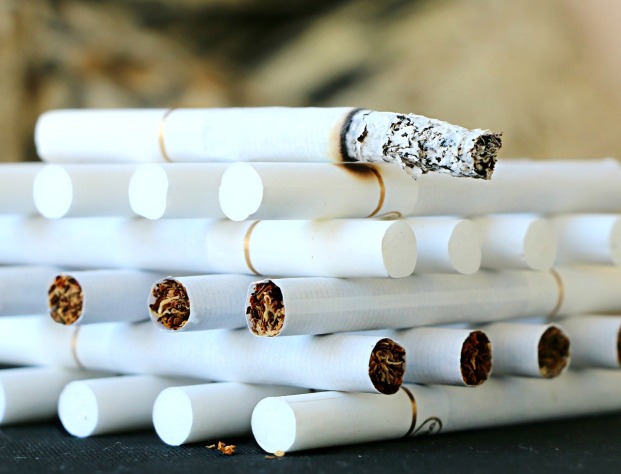The day after World No Tobacco day the Australian Institute for Health and Welfare published statistics from the 2016 National Drug Strategy Household Survey. The results of that survey are encouraging:
- Young people (under 30) are smoking less with rates dropping significantly from the 2001 survey. However, the decline is much less when compared to the 2013 survey.
- Rates of smoking for those in their 40s, 50s and 60s have not lessened.
- Young adults are showing a decrease in weekly alcohol consumption compared with 2013, however binge drinking is still excessively high. Youths under the legal age are also reporting less alcohol consumption and there are less reports of alcohol-viewed violence.
- Illicit drug use has declined since the 2001 survey, however there is a slight increase since the 2013 survey.
- Methamphetamine use is seen as the biggest concern regarding illicit drugs with crystal meth the most used variant.
What does this mean for those of us in healthcare?
There is a vast amount of evidence that smoking over a long period of time leads to higher rates of chronic health problems and increases the individual’s need for healthcare services. The lower rates of smoking of young people, although not immediately beneficial, will lessen the future health burden.
Every week our emergency department, along with many others around the country, see patients who have been the victims of over-intoxication and alcohol-fueled violence. While the binge drinking continues the lower violence numbers mean again less use of acute hospital beds, particularly on the key Friday-Sunday nights when parties typically occur.
I can say from my experience that Ice (Methamphetamine) is the most common illicit drug we see in our department. While not as problematic according to reports as drugs such as the Zombie drug it still causes a considerable amount of time and resources on the hospital system to treat.
The Future?
I am a realist. We will never completely eliminate behavioral health problems such as teenage drinking or smoking. Drug use will continue indefinitely. But at least we can see that improvements on a public health scale are being made. This will lead to more healthcare services being available for other unwell patients and can prevent young people from having poor future outcomes due to bad choices being made today.
References
AIHW: National Drug Strategy Household Survey (NDSHS) 2016 key findings

